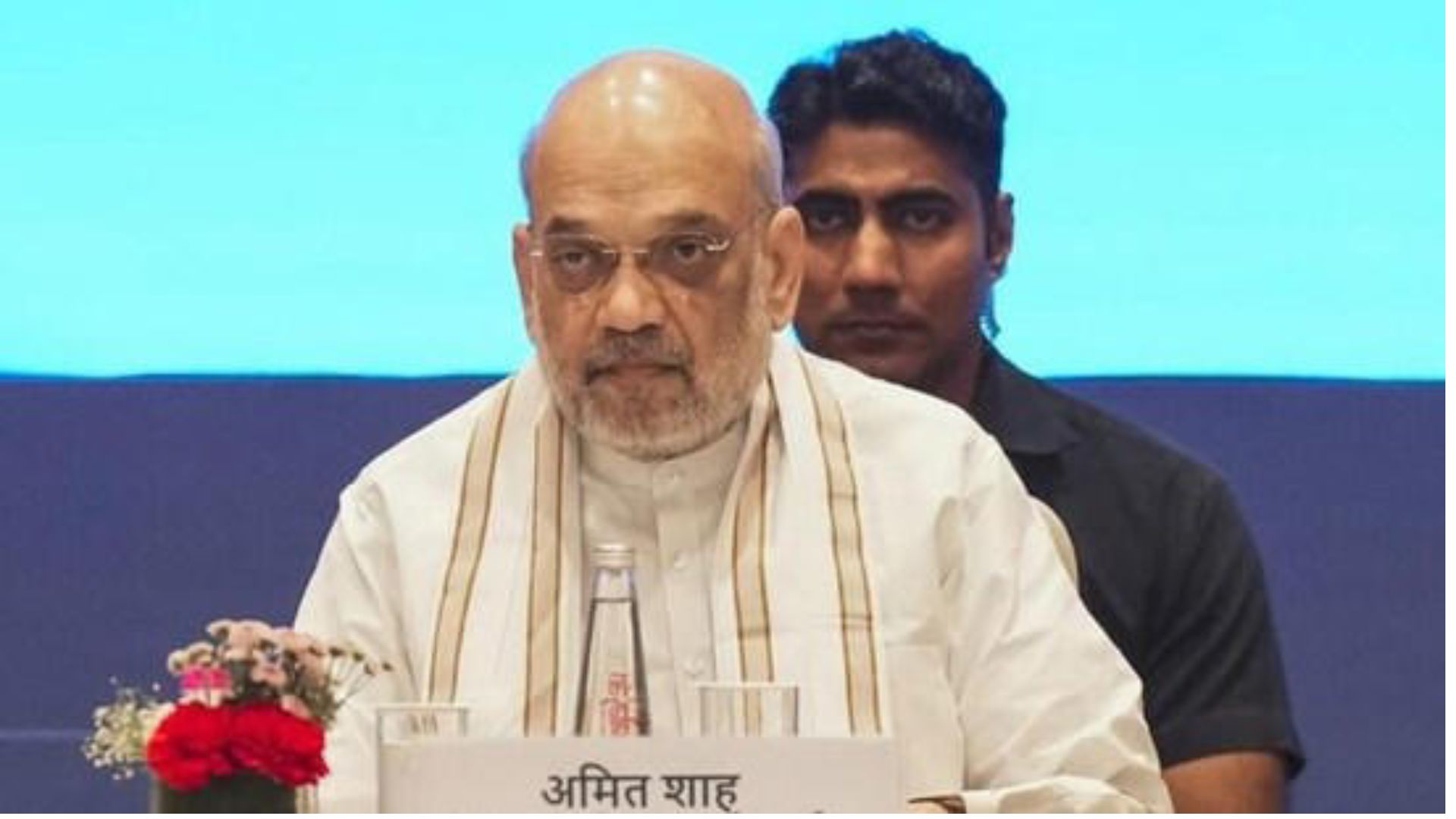
The COVID-19 pandemic has left an indelible mark on the Indian economy. India’s GDP declined by 7.3% during the 2020-2021 financial year. This sharp decline was not just a number on the balance sheet; it had a human face, especially for the millions of low-wage earners who lost their jobs.
The pandemic-induced slowdown severely impacted multiple sectors and various employers across industries. The employment situation during the first COVID-19-induced lockdown in April–June 2020 was dire, with a 20% unemployment rate and 9% employment with zero work hours, as reported by the Centre for Monitoring the Indian Economy (CMIE). This data underscores the vulnerability and hardships endured by blue-collar workers throughout the pandemic.
While the economy is back on its feet, the challenge of matching qualified blue-collar employees with the demand for their services persists. Current recruitment practices in the blue-collar sector—relying on word-of-mouth, contract brokers, help-wanted signs, and walk-ins—are outdated. This mismatch between the demand for skilled and semi-skilled employees and the availability of blue-collar workers actively seeking employment is a significant barrier to the growth of the Indian economy.
Why an Online Platform?
The answer lies in leveraging technology to connect employers with blue-collar workers and bridge the gap. The idea of an online platform to facilitate the employment of blue-collar workers has received significant support. Such a platform can greatly aid the employment process by creating an easy, transparent, and structured way for job seekers and employers to connect, ultimately helping both parties achieve their goals.
Firstly, with the increasing adoption of smartphones, a mobile app can serve as an accessible online platform where blue-collar workers can search for and apply to job opportunities at no cost, which match their qualifications, aspirations, language and location. Candidates can begin by applying with basic profiles. Mobile job apps include features that assist potential employees in creating detailed profiles with their education, work experience, and documents. This not only helps employees find suitable job opportunities but also enables employers to evaluate and assess candidates based on their specific requirements.
An online platform (App and Web) provides employers of all sizes with an easy, quick, and cost-effective way to hire employees. Instead of relying on word-of-mouth or local advertisements, which can be time-consuming and have limited reach, employers can post job openings with detailed job descriptions and benefits and receive applications from candidates with the required skills. This approach not only saves time but also increases the likelihood of finding the most suitable candidate for the position by enabling employers to assess applicants more effectively.
In addition, the application of technology in the hiring process can increase transparency and accountability. Employees can view detailed business information, including establishment photos, salary, and benefits offered, and can easily flag/report job scams. Employers can review candidates based on their responsiveness and qualifications. However, both employees and employers may be hesitant to showcase their ratings. Instead of displaying these numbers publicly, online job platforms can provide private feedback to both job seekers and employers to help them improve based on the feedback received. This approach enhances trust and reliability within the employment ecosystem.
Such an online platform can also address the economic challenges faced by many workers living in villages and areas far from job locations. Workers can search for jobs in specific locations or near their current location without relying on brokers or moving to a city just to apply for a job. The interview process, at least the initial screening, can be conducted via voice or video calls, providing better opportunities for workers and extending the labor pool for employers. This approach not only offers convenience and accessibility for job seekers but also expands the reach and diversity of potential candidates for employers.
Thus, the role of an online platform extends beyond just the matching process. It can also be a place where skills are acquired and developed through training. Unfortunately, most blue-collar workers do not have the opportunity to receive formal training or certification, which can be a disadvantage. Many of them do not even know what to say or how to conduct themselves during an interview. An online platform can provide educational materials, and affiliate with institutions and training centers to offer courses and certifications that can be completed online by the workers. This not only sharpens their skills but also opens up better and more secure paid positions for them in the job market.
To sum up, the COVID-19 pandemic revealed the weaknesses of the conventional job search and hiring environment for the blue-collar workforce in India. However, the potential of an online platform that helps workers find suitable jobs and enables employers in various industries to access blue-collar workers near and far offers a beacon of hope. Such a platform, built with a focus on ease of use, cost-effectiveness, scalability, and skill development, can benefit both employers and workers, contributing to a stronger and more sustainable Indian economy.
The author is the Founder of MyJobee.















